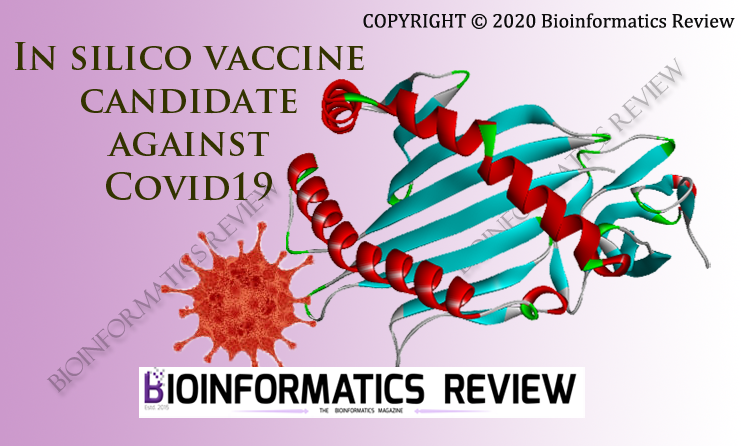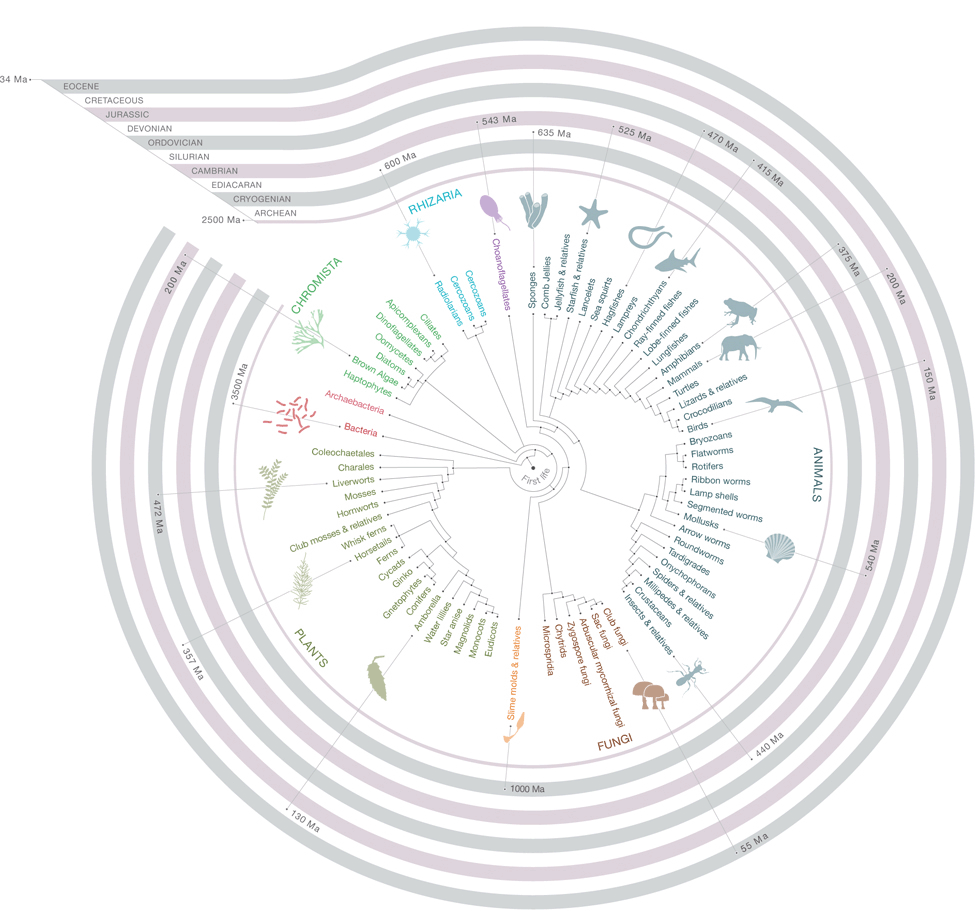Understanding evolution is critical for understanding biology. As the preeminent scientist Theodosius Dobzhansky stated, “Nothing in biology makes sense except in the light of evolution.” Evolution is the only scientific explanation for the diversity of life. It explains the striking similarities among vastly different forms of life, the changes that occur within populations, and the development of new life forms. Excluding evolution from the science curricula or compromising its treatment deprives students of this fundamental and unifying scientific concept to explain the natural world.
The principles of evolution underlie improvements in crops, livestock, and farming methods. Natural selection accounts for the rise in pesticide resistance among agricultural pests and informs the design of new technologies to protect crops from insects and disease. Scientists are applying lessons from evolutionary biology to environmental conservation: plants and bacteria adapted to polluted environments are being used to replenish lost vegetation and to clean up toxic environments. Species from microbes to mammals adapt to climate change; studying the mechanism and rate of these changes can help conservation experts formulate appropriate measures to protect species facing extinction.
Understanding evolution is also central to the advancement of medicine. Indeed, the entire field of “evolutionary medicine” is devoted to using the principles of evolution to study and treat human illness and disease. Concepts such as adaptation and mutation inform therapies and strategies to combat pathogens, including influenza. Models developed by evolutionary biologists have shed light on genetic variation that may account for an increased risk of Alzheimer’s and coronary heart disease. Knowing the evolutionary relationships among species allows scientists to choose appropriate organisms for the study of diseases, such as HIV. Scientists are even using the principles of natural selection to identify new drugs for detecting and treating diseases such as cancer.
Studying evolution is an excellent way for students to learn about the process of scientific inquiry. Evolution offers countless and diverse examples of the ways scientists gather and analyze information, test competing hypotheses, and ultimately come to a consensus about explanations for natural phenomena. Understanding science is essential for making informed decisions and has become increasingly important for innovation and competitiveness in the 21st-century workplace. It is critical, therefore, that students receive a sound science education including evolution.
Removing evolution from the science classroom or allowing it to be compromised not only deprives students of a fundamental tenet of biology and medicine, but it will undermine their understanding of how scientific knowledge is amassed.
Why To Study Evolution?

Leave a Comment








